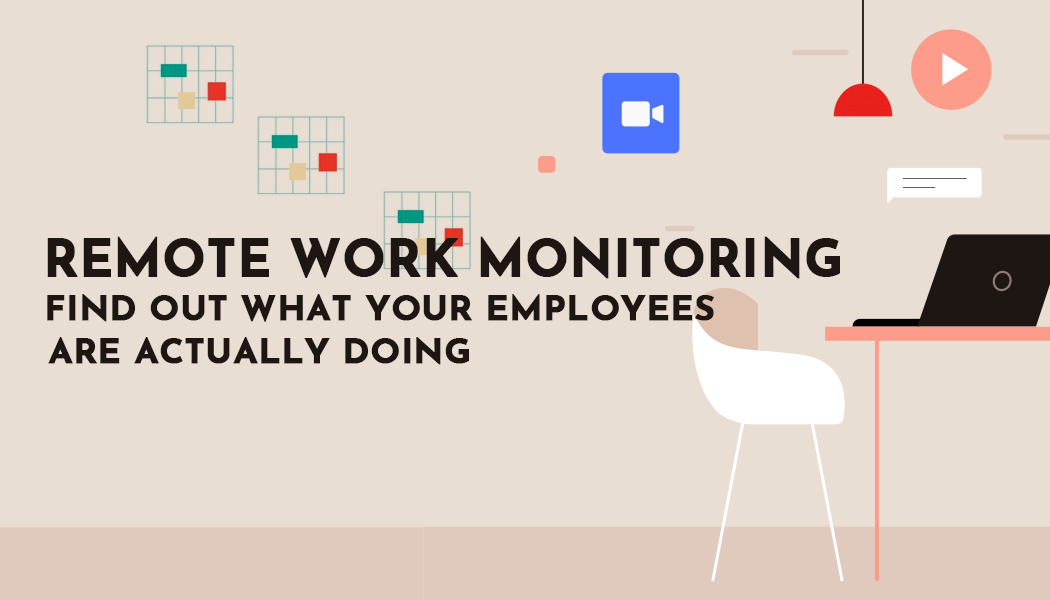Mobile Gaming Market Trends: Future of Industry!
The market is in the hands of massive companies like Tencent, Activision Blizzard, and Supercell, but independent developers are getting a foothold by adding creative elements and coming up with their own stories. I have witnessed ever more small studios getting viral success with minimal resources. They do it by focusing on in-game depth and community engagement. Social media and streamers have a huge impact on what's trending. Short-form video clips and live streams of a title quickly get viral.
Mobile Gaming Extends Beyond Entertainment
Video games have evolved a lot from being just entertainment. It has a bearing on music, fashion, and even learning. Mobile games partner with iconic figures from popular culture by taking in-game skins, in-game events, and interactive storytelling. Besides that, some mobile games sharpen brain power and even therapy. Some of my students played mobile games just for enjoyment, and they later discovered that it made them problem solvers and strategic thinkers.
Trend Watch 2025: What's Moving Things Forward
For cloud gaming and 5G, storage capacities do not matter anymore. With cloud gaming, you do not have to have high-end hardware to be able to use high-end games. Now that 5G gets stronger, latency problems get better, and real-time games get even smoother. This change means more gamers can be able to use console-grade games on their phones regardless of what restrictions there may be in their devices.
Hyper-Casual and Hybrid Games
Hyper-casual games continue to be in high demand, with hybrid revenue models now becoming standard. Developers apply in-app purchases and advertisements to give mixed revenue streams to achieve the highest possible revenues and maintain interest in the user base. AI-based code also goes a long way in making the game personalized by dynamically changing levels and in-game rewards based on players' behaviors.
Mobile Esports
Competitive mobile gaming has now gone international. PUBG Mobile, Call of Duty Mobile, and Free Fire have a very dedicated esports base, and prize money for events can be in terms of millions. It's simpler to use mobiles compared to computers and consoles, so there's a larger base to choose from, and it's easier to get into a game. A lot has also been because of live streaming and gaming portals.
The Social Media Effect
A big factor in successful mobile games is social media. Players share a game's strategy and comedic moments, and organic growth ensues. Multiplayer jobs in teams and live multiplayer chat feature games do better Views4You's Instagram views help a lot of people who make gaming content get more views and connect with their content.
Strategies for Generating Money: How Mobile Games Make Billions
Models for making money have evolved. Ads and in-app purchases are staples, then Apple Arcade and Google Play Pass. Blockchain and NFTs offer consumers new ways to spend money in a game, although it's not clear how long-term these will prove to be. "Play-to-earn" programs, whereby players can be rewarded with money for what they can do and how long they can remain in a title, are being piloted by some developers.
AR and VR: The Next Big Mobile Games Trend?
Augmented reality-based games like Pokémon GO have already shown it can be a brilliant idea to blend real-world components into mobile gaming. AR and AI are being leveraged by developers to create games that can be enjoyed in a variety of different ways. Mobile VR has a lot to give, and it has vast amounts of potential, especially for interactive storytelling and travel in a game.
The Mental Side: What Engages Players?
Game developers have improved the skill of remembering. Players stay longer engaged with login benefits, streaks, and competitive leaderboards. FOMO and social validation are cognitive forces that compel humans to continue playing online games. Some students of mine installed a game for entertainment, but they played it day in and day out because friends were very competitive.
The Road Ahead
In the future, NPCs will be AI-controlled and make interactions more natural and real. Mobile games will be personalized according to each player's personality and what they enjoy. Blending mobile gaming with wearable technologies such as smart glasses and haptic feedback devices could also transform gamers' interactions with virtual worlds.
Mobile gaming advances rapidly because of new technologies, being able to communicate with each other, and altered expectations from players. The business doesn't seem to be slowing, and manufacturers, advertisers, and players who can keep up with them will be leaders in the revolution. Mobile games are in the future, and there's a lot to choose from.
FAQs
1. What are the biggest challenges mobile game developers face today?
Mobile game developers face several challenges, including balancing monetization strategies without frustrating players, standing out in a saturated market, and keeping up with constantly evolving technology. Additionally, maintaining user engagement over time and adapting to platform policy changes can be difficult.
2. How do mobile games impact cognitive skills and mental well-being?
While mobile games can enhance cognitive skills like problem-solving, memory, and strategic thinking, excessive gaming may also lead to issues such as reduced attention span, addiction, or increased stress. The impact largely depends on the type of game, duration of play, and individual player behavior.
3. What are the key factors that determine whether a mobile game becomes viral?
A mobile game’s virality is influenced by factors like intuitive gameplay, strong social media presence, shareability, influencer endorsements, and well-designed reward systems. Games that encourage community participation, have engaging mechanics, and leverage trends effectively are more likely to go viral.




